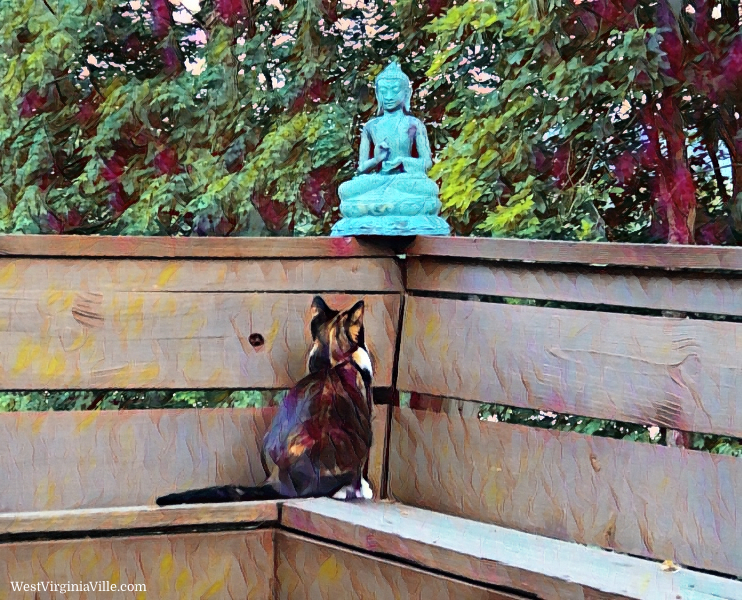
If we really investigate and examine our hearts [or minds], we will at some time experience joy, rapture and peace. At other times we will experience feelings of indifference, detachment and separation. If we experience the latter we should not blame the dharma [truth; the natural state; the teaching of the Buddha] because the dharma is the natural state. There are times when our hearts incline towards the dharma, and feelings of bliss and calm arise—feelings of complete contentment. At other times, the dharma seems far away. Rather than inclining towards it on those occasions, our hearts seem to move away.
Accordingly, we do not taste the dharma: there is no calm, bliss, or joy, because the heart is depressed and negative; the dharma is not there. But if one is skillful one need not fall under the power of this negativity. When the heart is depressed, we can uplift it. If the mind wanders, we can control it and keep it from drifting.
Calm the mind when it is appropriate and uplift the heart when it is appropriate.
When the heart is contented, one should maintain that contentment. Calm the mind when it is appropriate and uplift the heart when it is appropriate. By not following depression or elation we look after our hearts. This is the natural state; the heart is constant, equanimous and truthful. If one ceases to practise when feeling depressed and only practises when feeling good, one will be without consistency or endurance.
Take care and train the heart until it is even and equanimous—continuously. Accordingly our hearts will then more and more incline towards the dharma; we will not forget the dharma.
If our hearts are close to the dharma, on hearing it being expounded we will easily understand it, our hearts will become peaceful easily. But if our hearts are far from the dharma and our practice is not constant, we will become drawn away and even greater confusion will arise. We should train and discipline our hearts. When we realise the heart is confused, we should exert ourselves to practise. With this continuous and earnest exertion we will soon get good results …
~ Excerpt from discourse given in the early 1960s by Ajahn Brahmamuni, late Abbot of Wat Borvornives in Bangkok. It has been translated into English by Ajahn Sumedho, former Abbot of Amaravati Buddhist Monastery: READ FULL DISCOURSE AT THIS LINK


